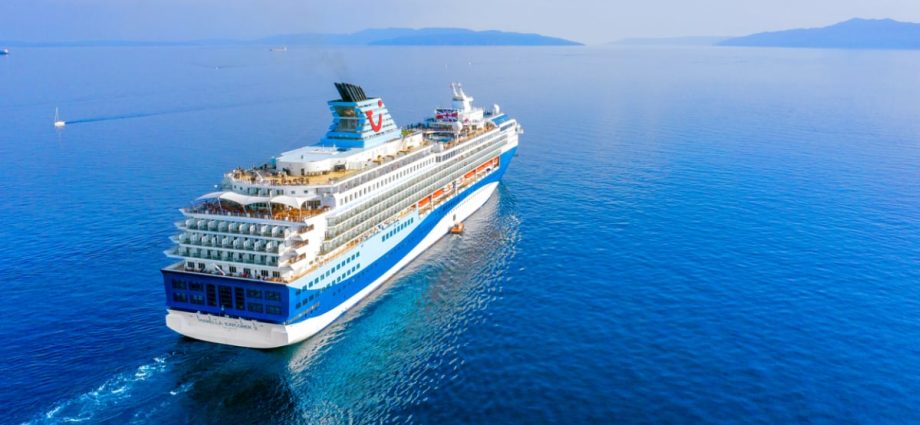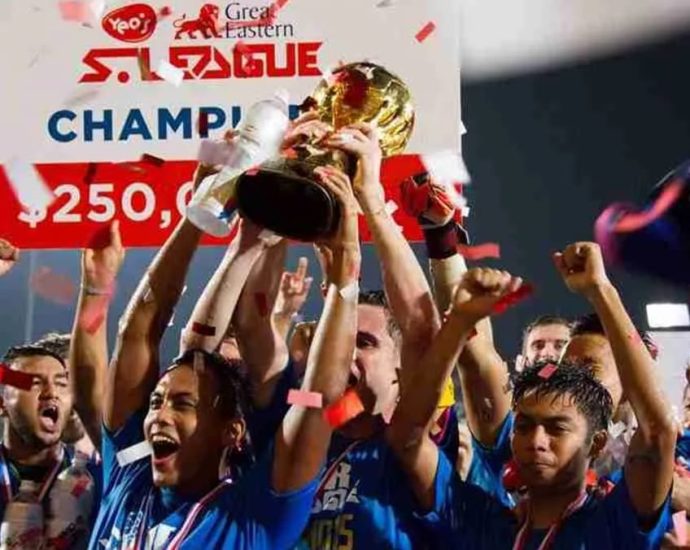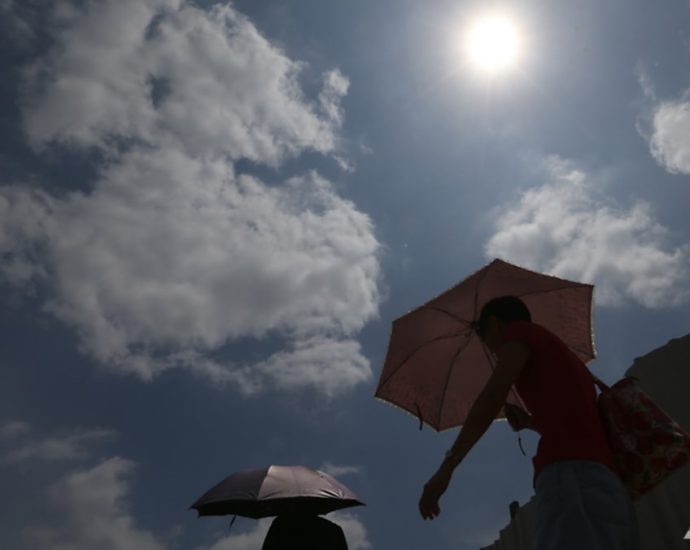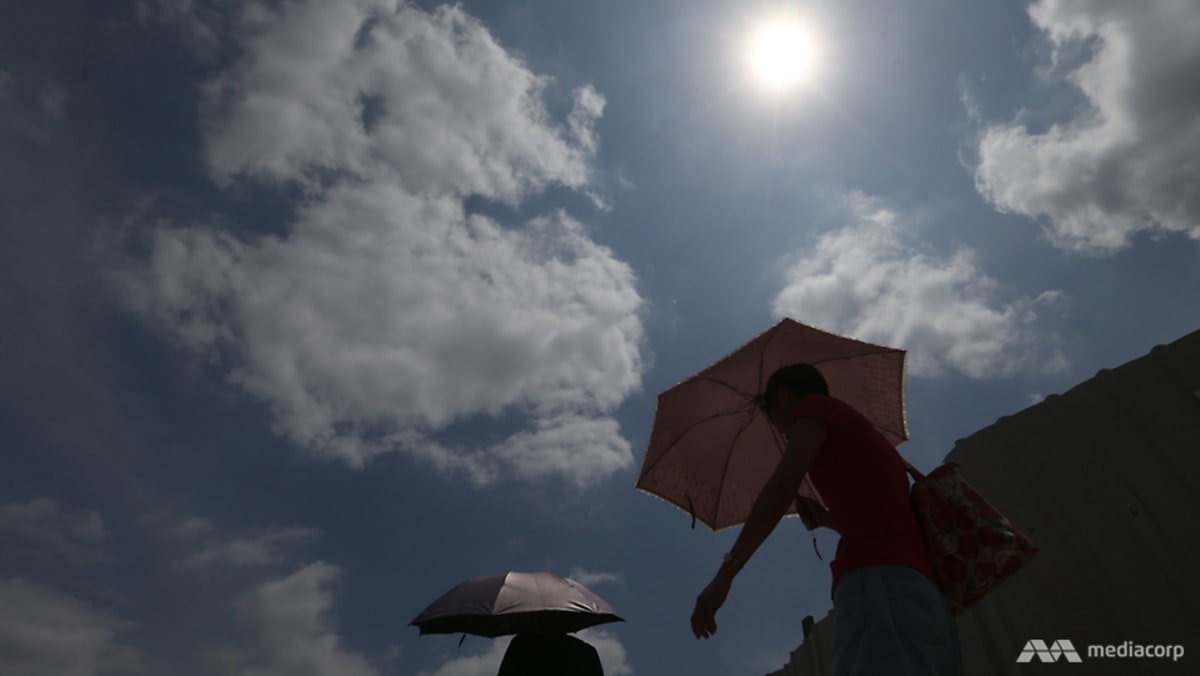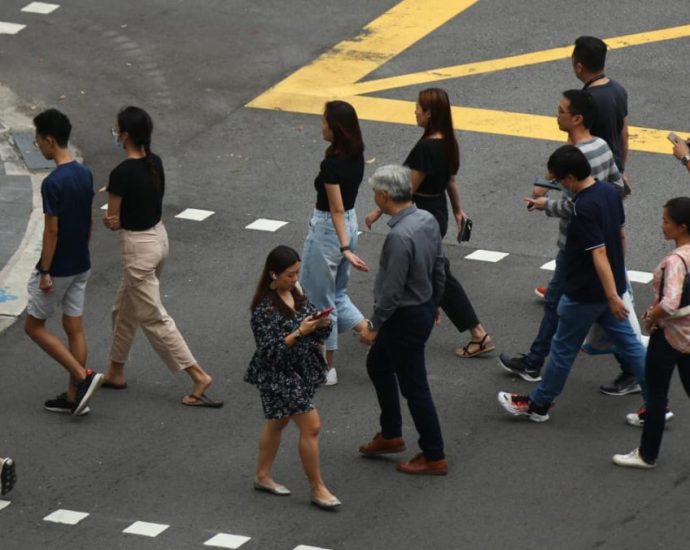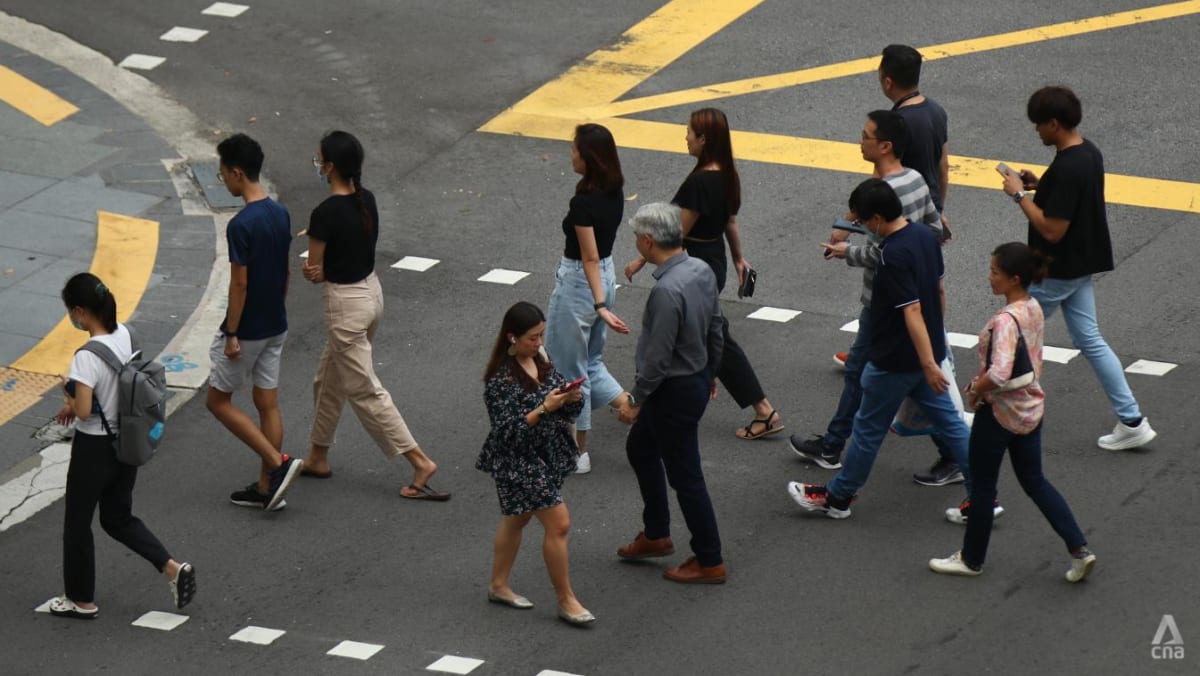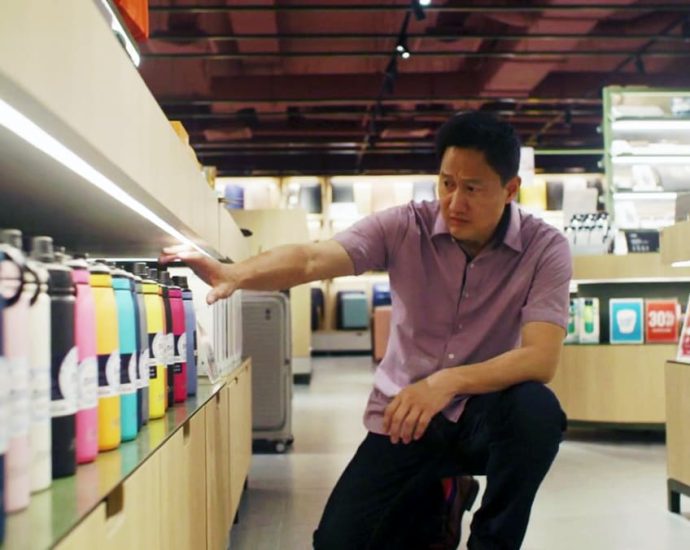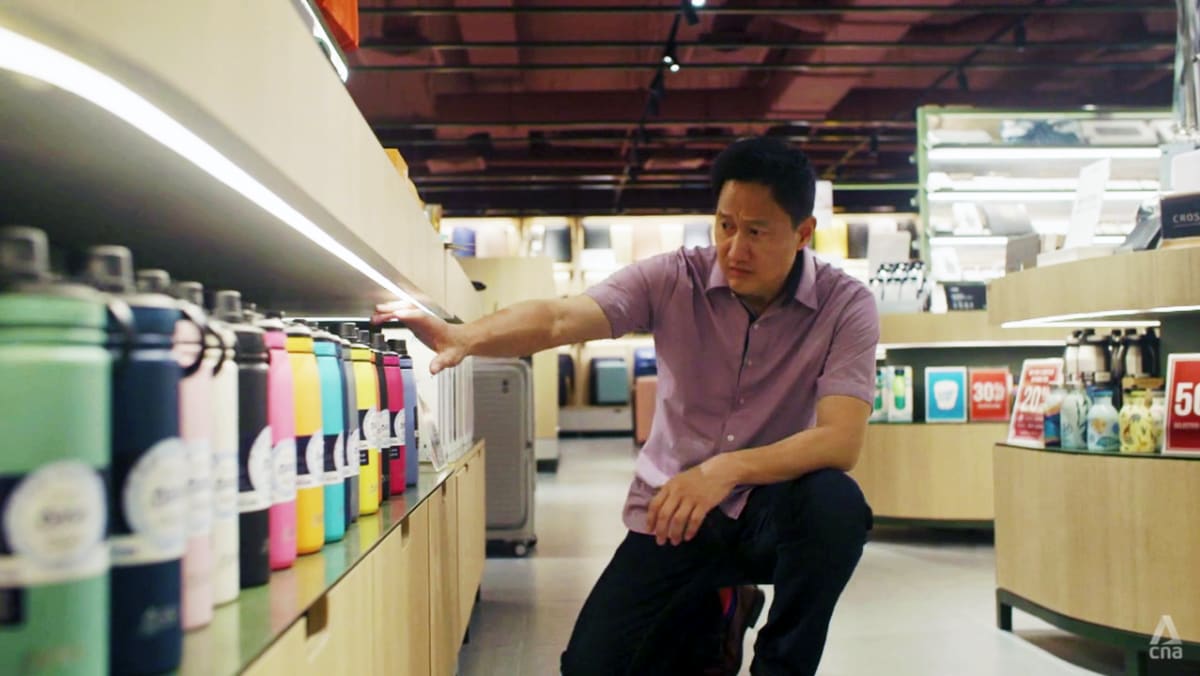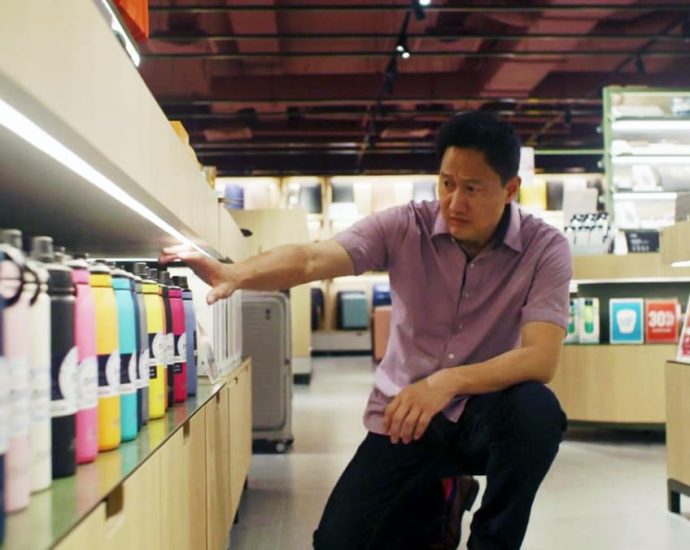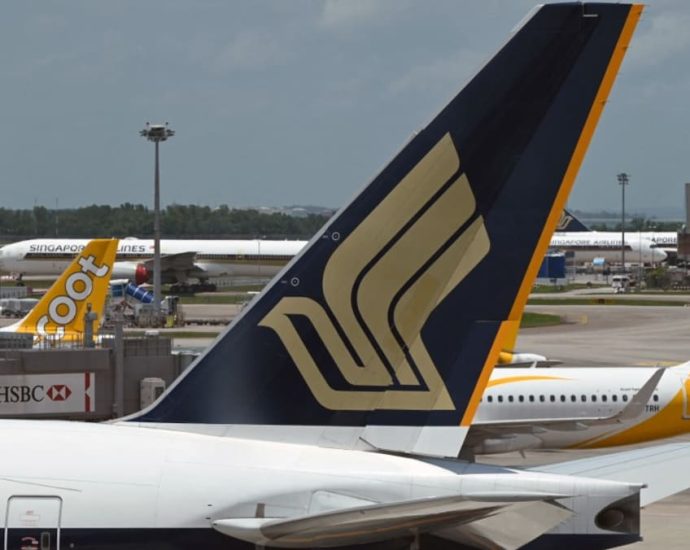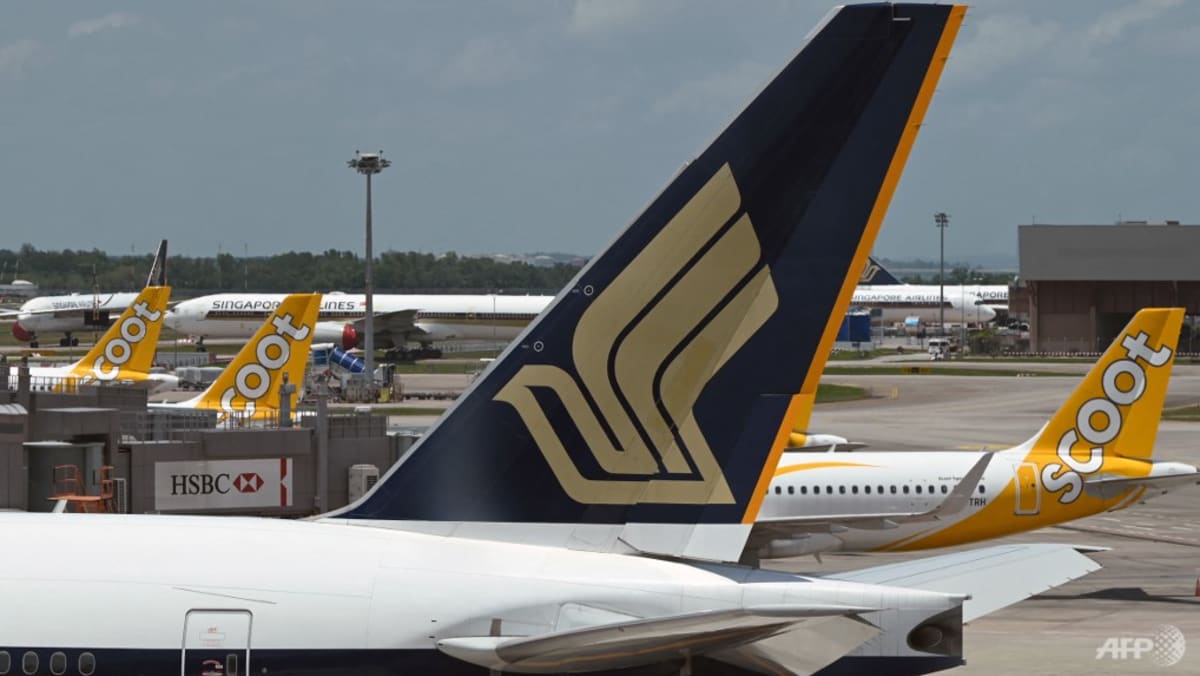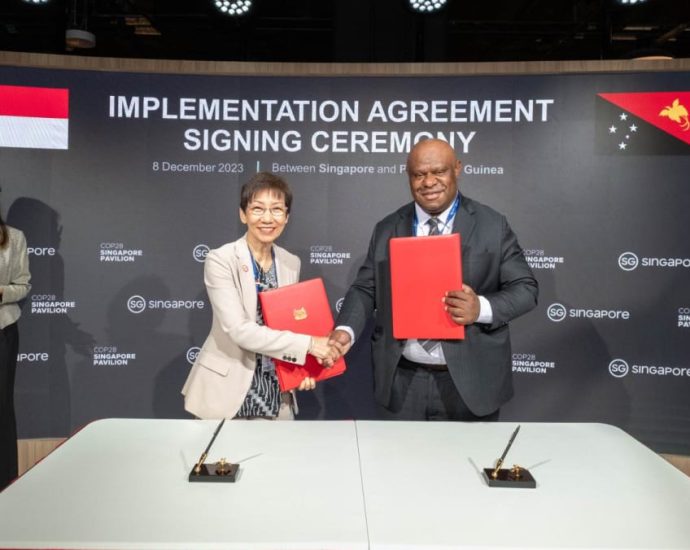Going on your first cruise? Here’s what passengers should know to ensure smooth sailing
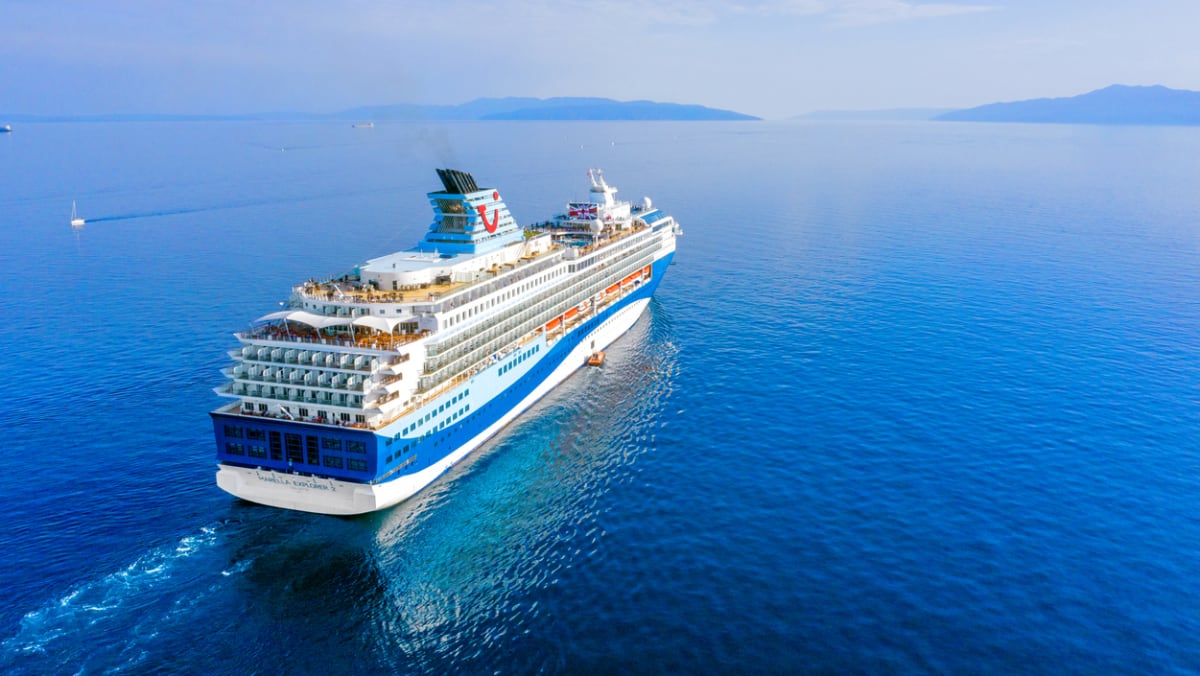
2. BRING A CARRY-ON
After you check your bag at the terminal, it may take several hours before it’s delivered to your stateroom. “Be sure to pack a carry-on with all of the essentials you might need during that window of time,” said Colleen McDaniel, editor-in-chief of cruise news site Cruise Critic, who suggested including “medication, sunscreen, a bathing suit, a phone charger and other essentials that you’ll need as soon as you board.”
3. SIGN UP FOR ACTIVITIES IN ADVANCE
Popular onboard restaurants, shore excursions and spa treatments can fill up quickly so book ahead. Many companies will let you book in advance through their website or app, but if not, head to excursion and activity desks soon after you’ve boarded.
“The theatre productions are incredible and produced at a very high quality,” said Chris Thompson, an avid cruiser of 35 years based in London. “You can usually reserve a seat in advance for free, but if it’s booked up, try showing up 15 minutes before the start of the show when seats often become available.”
Thompson also suggested going to a specialty restaurant on the first night when there is likely to be more availability. “Most people eat in the main dining room while they settle in, so chances are you’ll find a nice table at one of the special restaurants,” he said.

